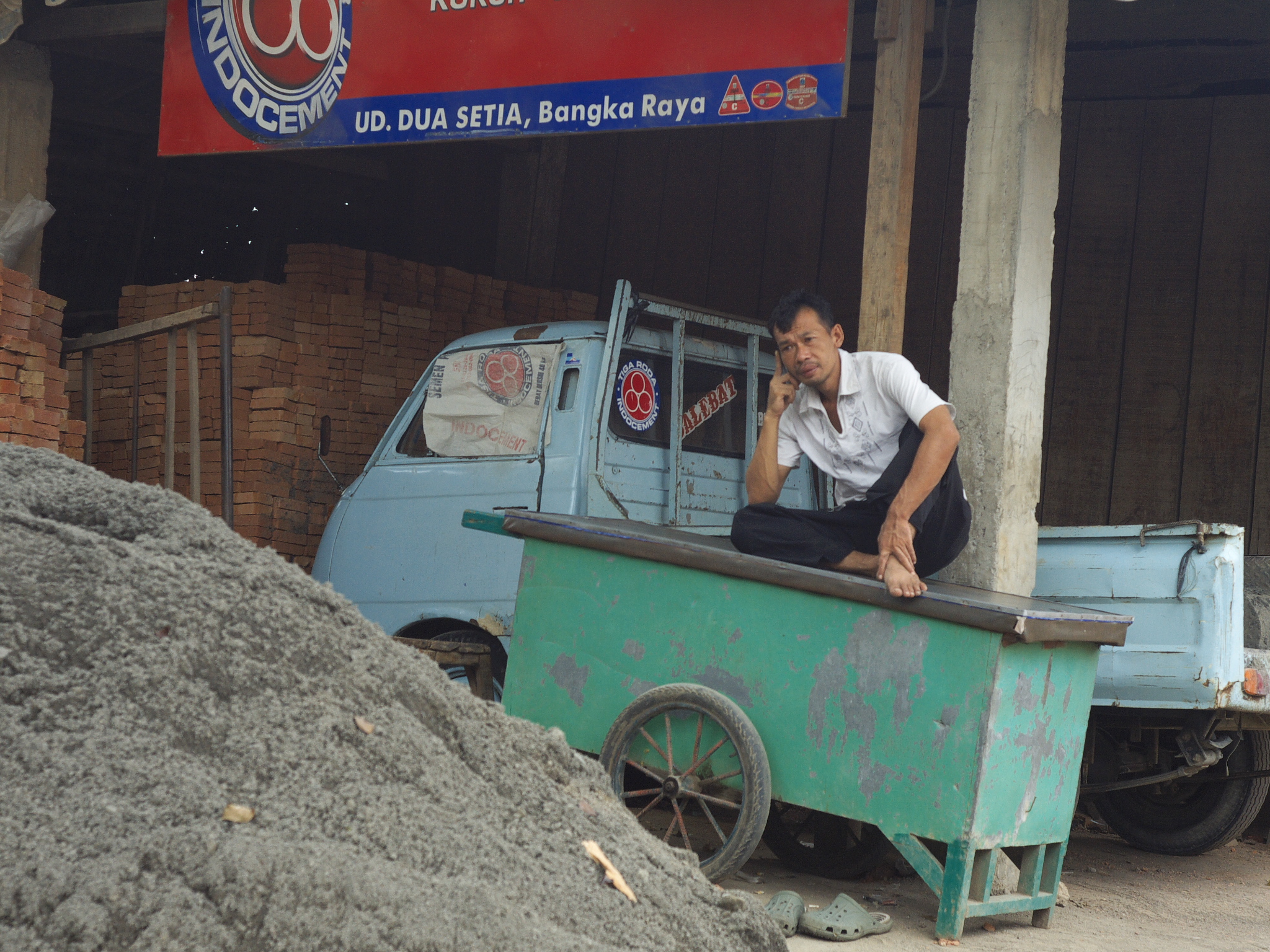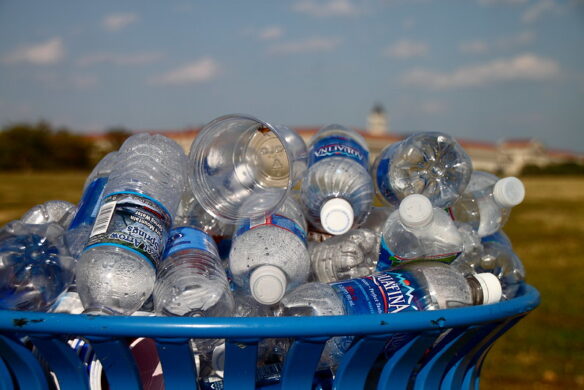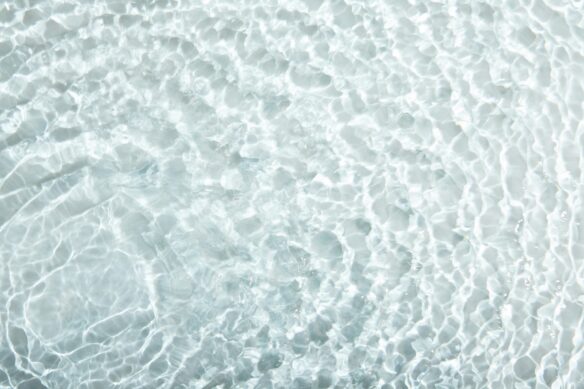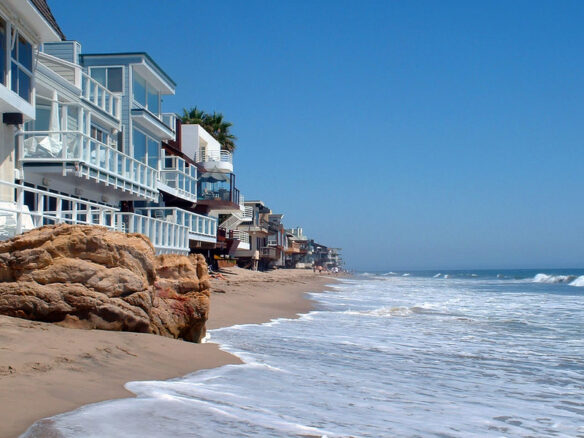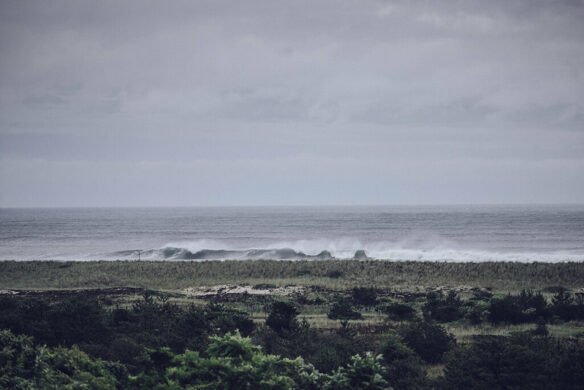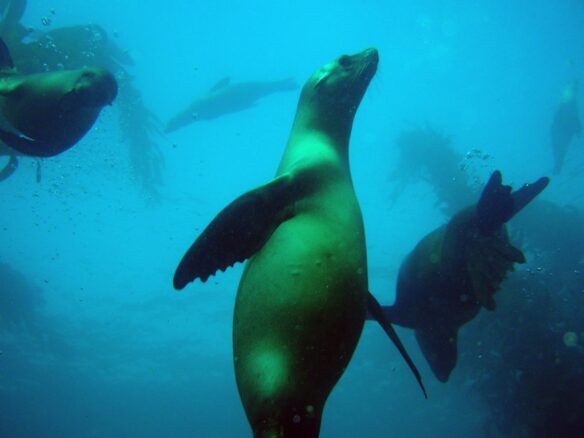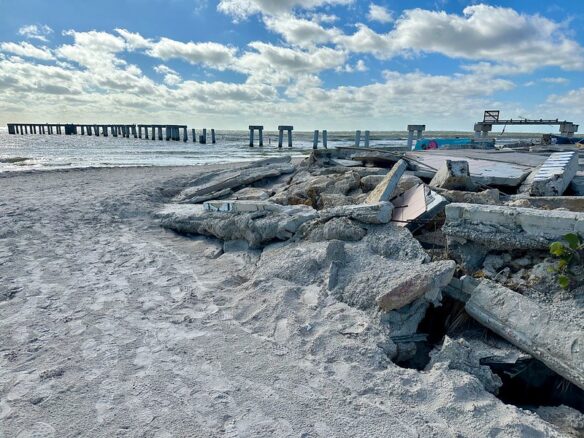Excerpt:
Marine and fisheries activists in Indonesia are ramping up their calls for the revocation of a new government regulation allowing the export of sea sand, saying the policy will benefit foreign interests more than local fishers and marine ecosystems.
The regulation, issued in May to end a longstanding prohibition, says sand extracted from the seabed may be sold abroad as long as producers prioritize domestic demand for use in reclamation work and other infrastructure development projects. It also limits dredging to open-water marine areas where “natural” sedimentation has occurred, while excluding sea-sand exploitation from coastal areas and small islands.
Susan Herawati, general secretary of the advocacy group Coalition for Fisheries Justice (KIARA), said the new regulation directly threatens the future of Indonesian fishing and coastal communities in the world’s largest archipelagic nation, where the livelihoods of millions of people hinge on the sustainability and health of the marine ecosystem.
“It’s not too late for the government to revoke or cancel this government regulation because it’s not in line with the people’s interests for ecological protection and the sustainability of traditional fishers in Indonesia,” Susan said.
An estimated 2.7 million Indonesians are employed in marine fisheries, most of them small-scale fishers. Under the business-as-usual scenario, the country’s marine capture fishery is projected to grow at an annual rate of 2.1% from 2012-2030. Data from the fisheries ministry show that the average total catch over the past five years was 7 million metric tons annually, valued at up to 140 trillion rupiah ($9.2 billion).
Susan said dredging deposited sand from the sea would likely deteriorate ocean health, particularly in terms of changing currents and subsequently affecting waves and increasing the potential for coastal abrasion.
She added that sand-dredging activities already taking place across Indonesia have often caused harm to fishing and coastal communities. One prominent case in South Sulawesi province has sparked fierce resistance by fishers against a dredging in their waters. The fishing community says the dredging activity has disrupted traditional fishing grounds, leading to a decline in catches of up to two-thirds since dredging began in February 2021.
“There’s no kind of [resource] extraction that doesn’t cause environmental damage,” Susan said…

